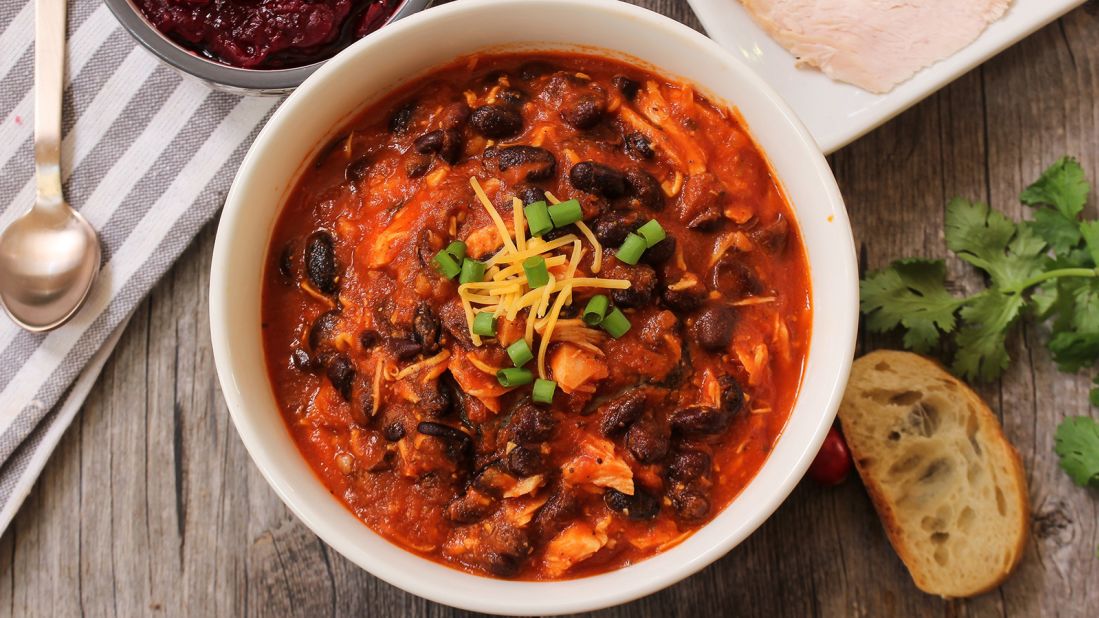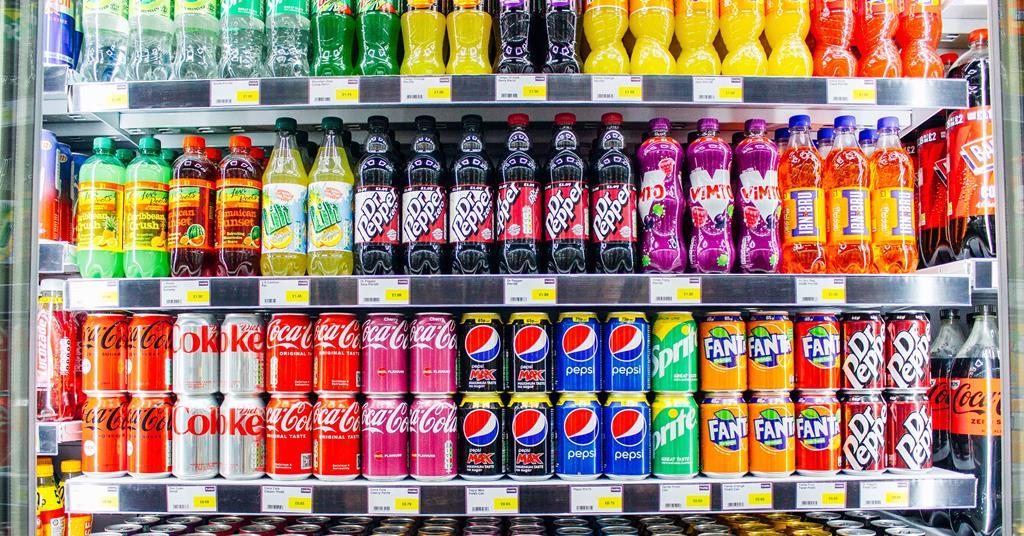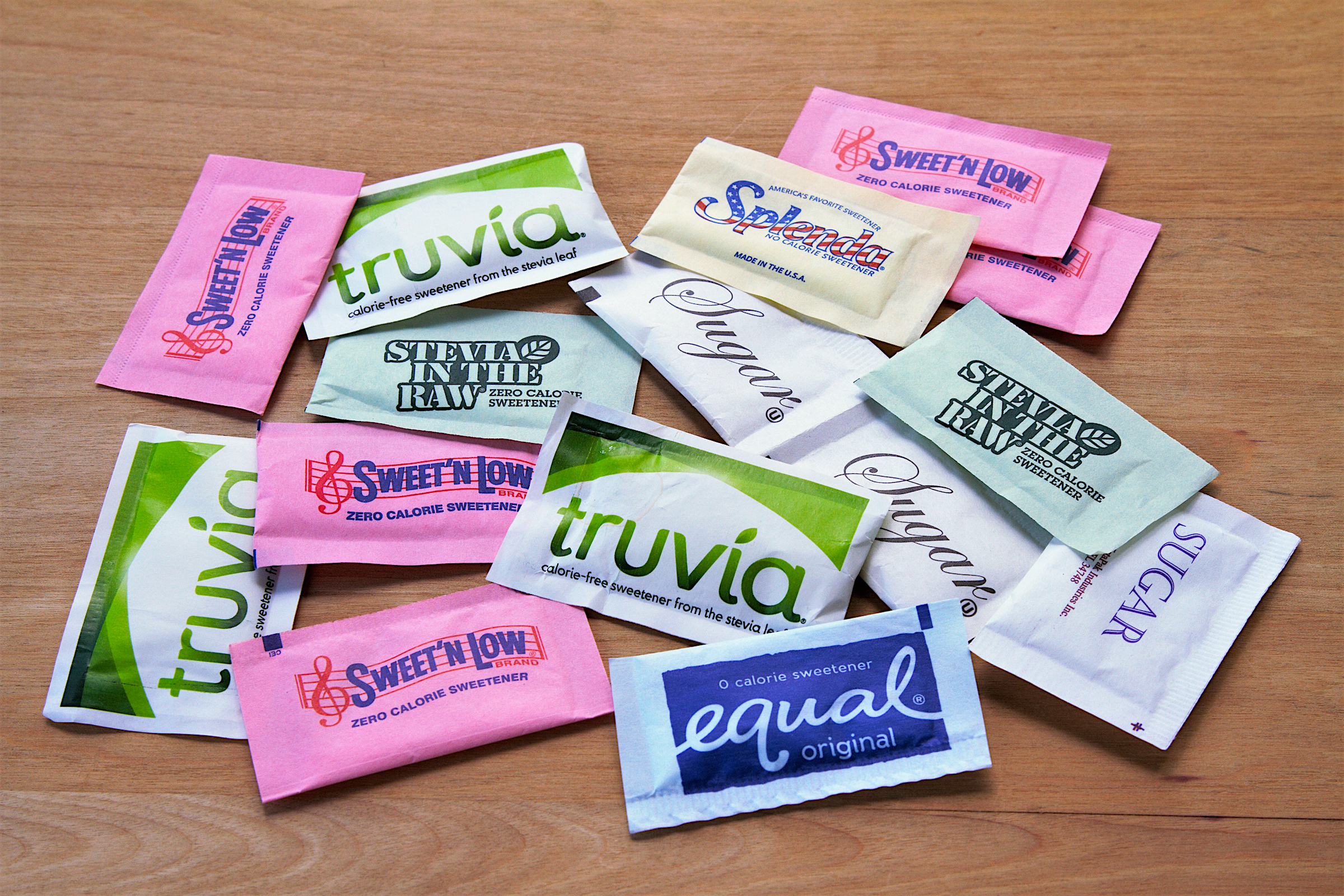Table of Contents
Introduction
Are you tired of those uncomfortable digestive issues that often leave you feeling bloated, gassy, or just plain uncomfortable? You’re not alone. Many people suffer from digestive problems, and one major culprit is the food we consume. In this article, we’ll explore the top 8 foods that can wreak havoc on your digestive system. So, grab a seat, let’s delve into the world of digestive distress, and find out what you should avoid to keep your gut happy and healthy.
Fried Foods – A Recipe for Digestive Disasters

Fried foods, while delicious, can be a digestive nightmare. The high fat content in these foods slows down digestion, making your stomach work overtime. This often leads to indigestion, heartburn, and discomfort.
Spicy Foods – The Fire Inside

Spicy foods can add an exciting kick to your meals, but they can also set your digestive system on fire. Spices like chili peppers can irritate the lining of your stomach and lead to acid reflux and gastritis.
Carbonated Drinks – Bubbles and Burps

Soda and carbonated drinks are a double whammy. The bubbles in these beverages can fill your stomach with gas, causing bloating and belching. Additionally, the high sugar content can disrupt the balance of bacteria in your gut.
Dairy Products – Lactose Lament

Dairy products, like milk and cheese, contain lactose, which can be problematic for people with lactose intolerance. Consuming these can lead to diarrhea, bloating, and cramps.
Artificial Sweeteners – Sweet Deception

Artificial sweeteners like sorbitol and aspartame, commonly found in sugar-free products, may seem like a healthier alternative, but they can cause diarrhea and other digestive issues in some individuals.
Beans and Legumes – The Notorious Gas Producers

Beans and legumes, while nutritious, contain complex carbohydrates that are challenging to digest. This can result in excessive gas and flatulence, causing embarrassment and discomfort.
Cruciferous Vegetables – A Gassy Dilemma

Broccoli, cauliflower, and Brussels sprouts are packed with vitamins and fiber but can be hard on your digestive system, causing gas and bloating.
Fatty Meats – Heavy on Digestion

Fatty meats, like beef and pork, can be difficult for your stomach to break down. They can lead to indigestion and may even increase the risk of heartburn.
Conclusion – Choosing a Digestion-Friendly Diet
In conclusion, our food choices can significantly impact our digestive health. While you don’t need to eliminate these foods entirely, it’s crucial to consume them in moderation and be mindful of their impact on your body. A balanced diet rich in fruits, vegetables, lean proteins, and whole grains can promote better digestion and overall well-being.
Frequently Asked Questions:
FAQ 1: Can I still enjoy fried foods without digestive issues?
Absolutely! Enjoy fried foods in moderation, and consider cooking methods like baking or grilling for a healthier alternative.
FAQ 2: What can I substitute for dairy if I’m lactose intolerant?
Opt for lactose-free dairy products or try plant-based alternatives like almond or soy milk.
FAQ 3: Are there ways to reduce the gas from beans and legumes?
Soaking beans before cooking and adding herbs like cumin can help reduce gas production.
FAQ 4: What’s a good alternative to fatty meats for a healthy diet?
Lean meats like chicken or turkey and plant-based proteins like tofu and tempeh are excellent alternatives.